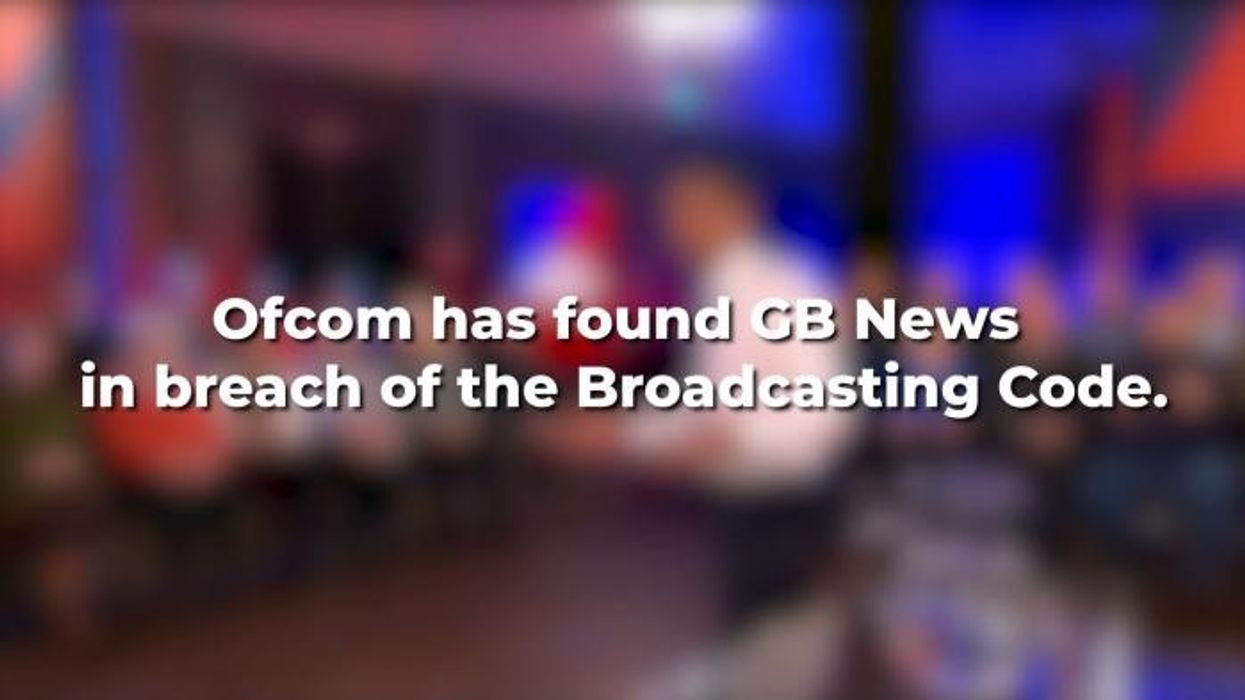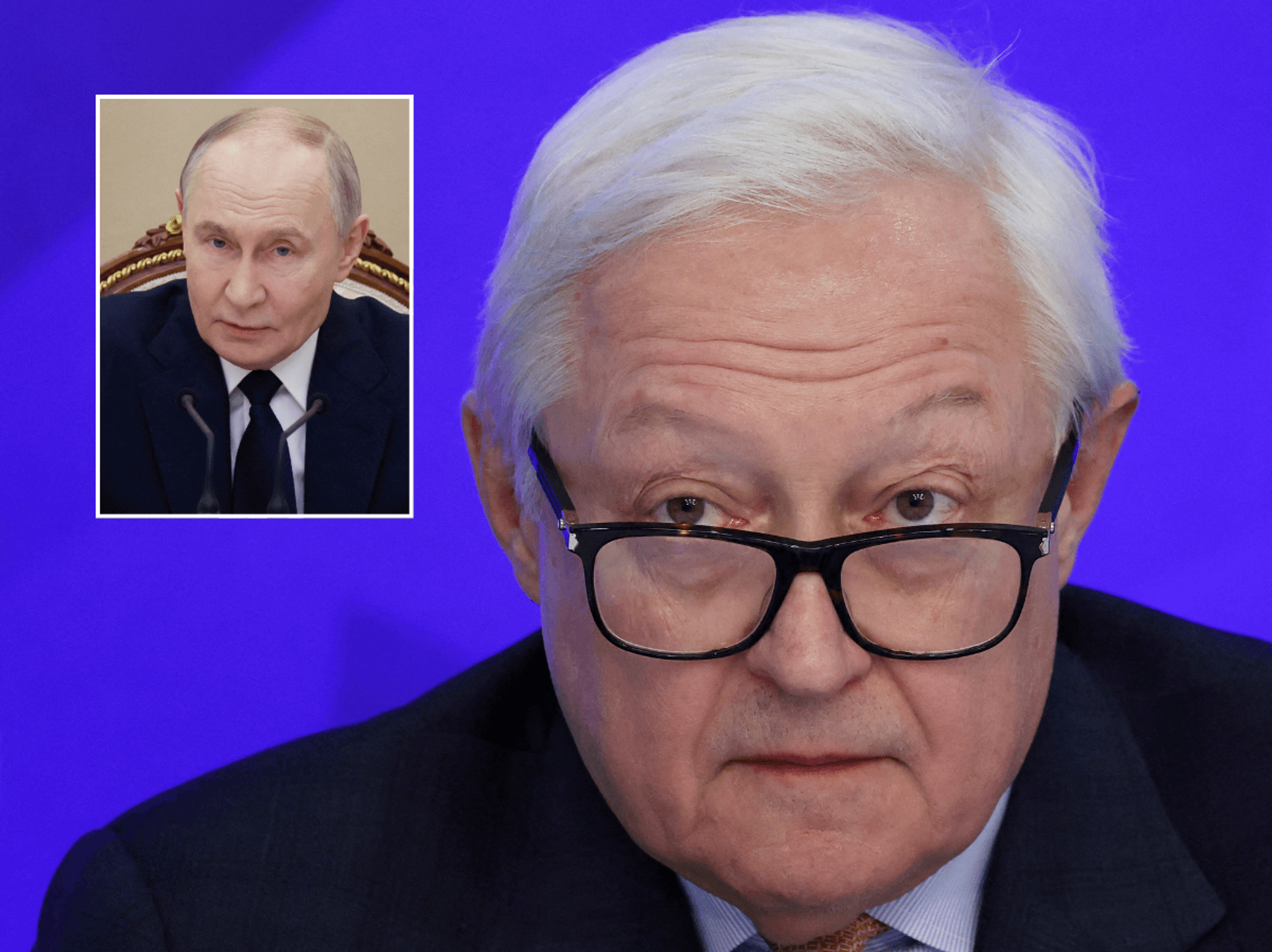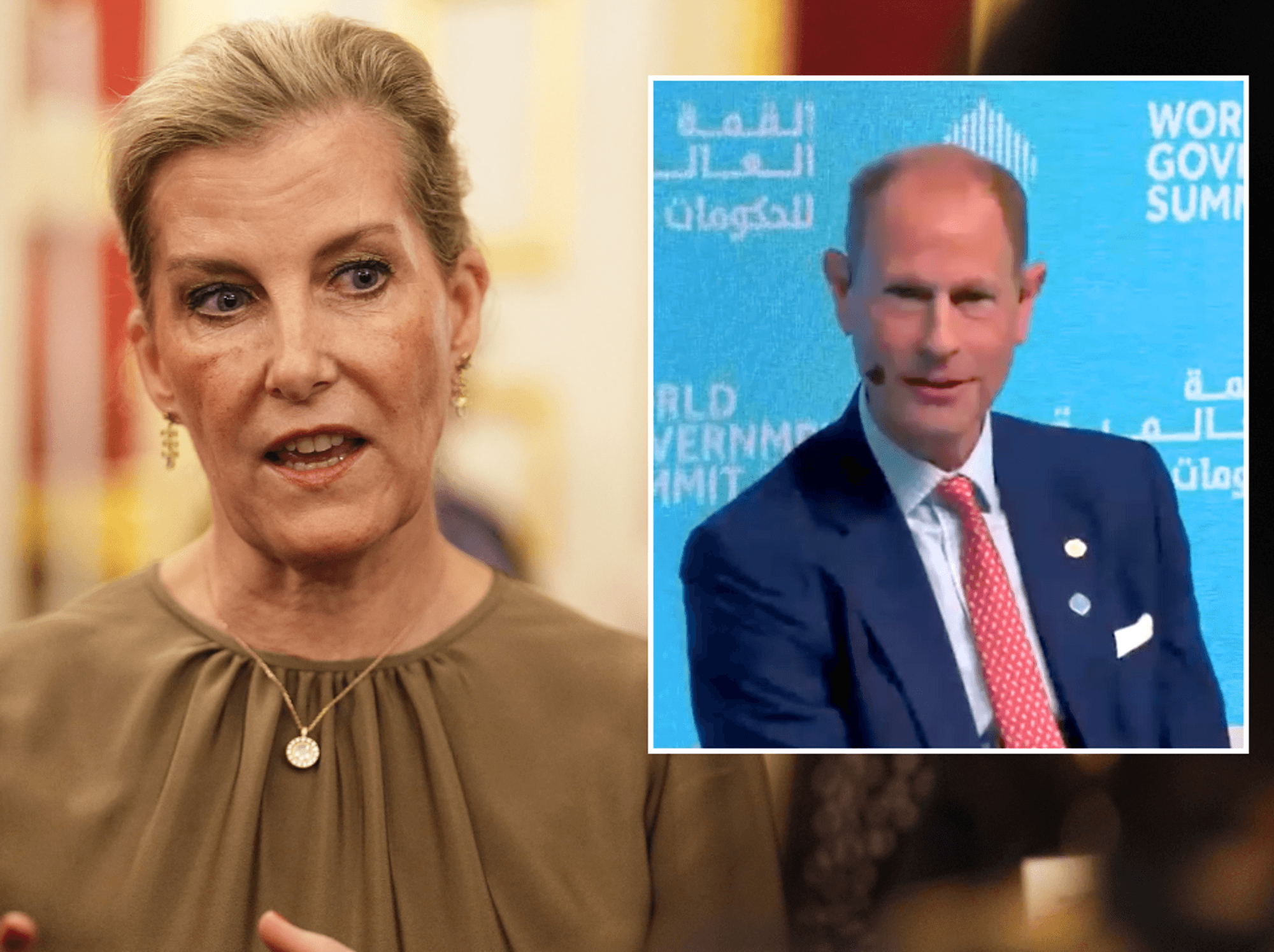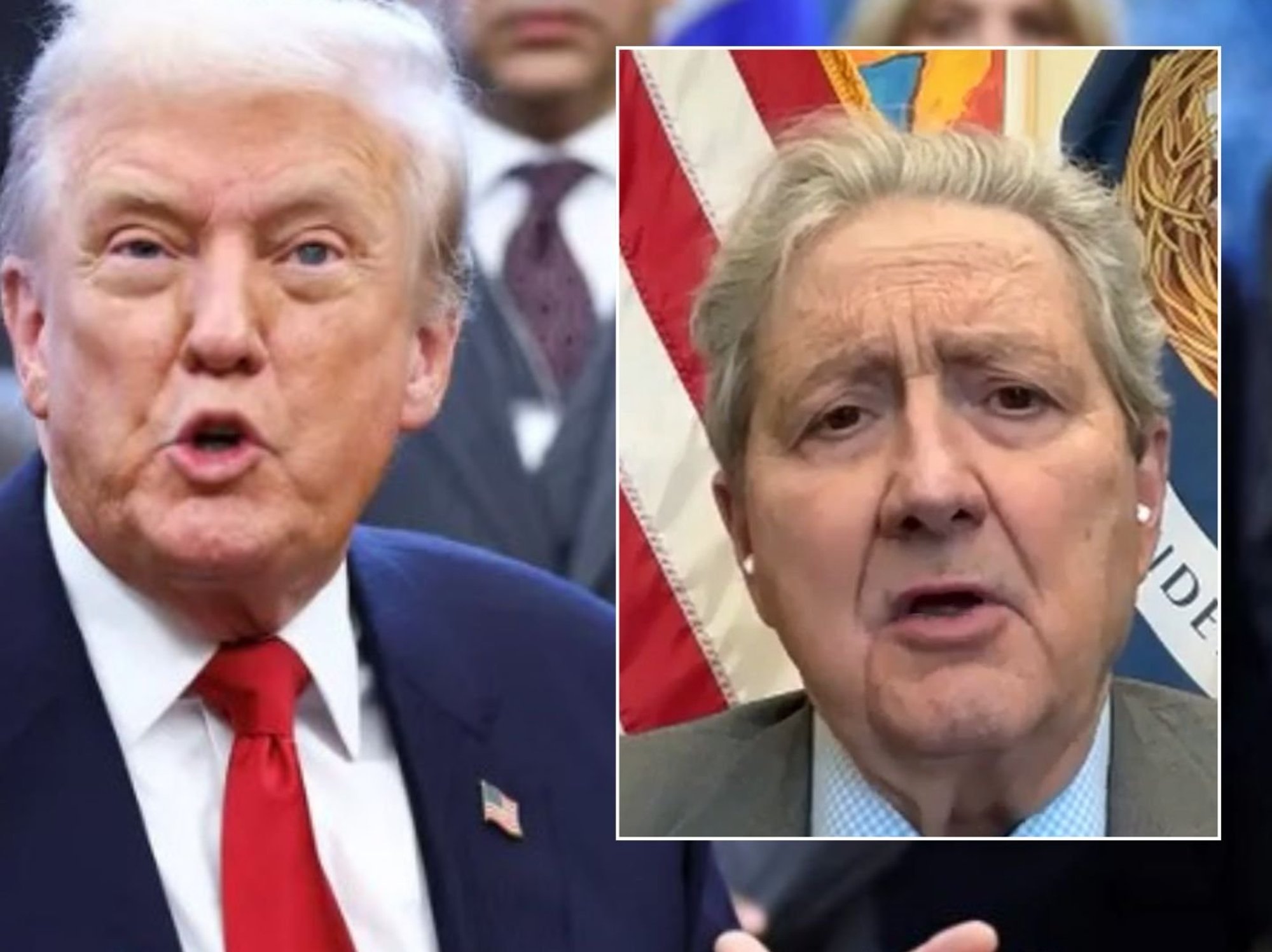Ofcom's chilling GB News ruling threatens the principles of a free democracy - it should concern us all
Freedom of speech, freedom of the press and the ability of voters to interrogate their politicians is under threat from Ofcom
Don't Miss
Most Read
The upcoming general election will be decided by the people of Britain, not journalists, not Ofcom regulators, but ordinary people.
That is why GB News decided to host a People’s Forum with Rishi Sunak earlier this year, to allow citizens a chance to directly challenge and interrogate their Prime Minister.
DON'T LET THEM SILENCE YOU - SUPPORT GB NEWS HERE
However, Ofcom has decided that this programme was in breach of their rules on so-called “due impartiality”, claiming that the hour-long cross-examination of Sunak by the public represented “a mostly uncontested platform” for the PM to “promote the policies and performance of his Government”.
Except that 14 of the 15 questions posed to Sunak were hostile and the Prime Minister was repeatedly put on the spot by a politically balanced audience independently selected by a polling organisation.
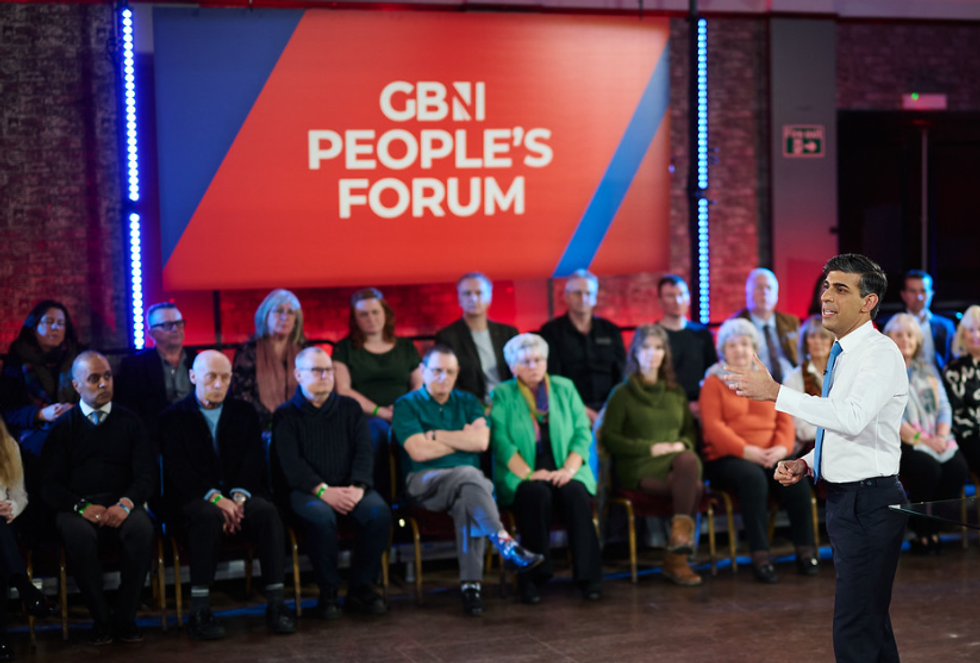
Rishi Sunak attending the People's Forum
|GB News
This was not a party political broadcast for the Conservative Party. This was a robust inspection by voters of Sunak’s record as a leader, live from a working men’s club in the north of England. This fact goes to the crux of Ofcom's ruling: Is it not crucial that citizens are able to challenge their leaders in a democracy?
Ofcom bemoaned that the programme’s presenter did not challenge Sunak’s responses “to any meaningful extent” (despite several challenges) and recommended that to comply with their rules, alternative viewpoints should have been expressed through interjections by the presenter to the PM.
The Prime Minister is quizzed near-daily by professional journalists in press conferences and briefings, and though perhaps “challenging” in Ofcom’s eyes, their questions are more often than not trifling, tedious and trivial.
Could you imagine a regular broadcast journalist asking Sunak about vaccine injuries, or a question from the Reform Party’s perspective on the failure of Tories to control Britain’s borders?
Such questions, and many more, were put to Sunak in this programme that Ofcom has decided was unacceptable.
We believe that journalists arguing with politicians, for example over who ate cake in Downing Street, is not as important as allowing the public to air their very real grievances to their elected leaders. However, in Ofcom’s eyes, such a programme cannot be allowed.
Its decision runs contrary to the democratic principle that it is the people who chose their leaders, not the elites.
As voters head to the polls later this year, it is vital that broadcasters are able to properly hold politicians to account, and that does not always mean badgering them through press conferences with Westminster reporters or by TV presenters.
GB News and the Prime Minister had no idea what the questions would be, or even who the audience members were.
They were selected by independent pollsters to be representative of a wide range of views and featured people from all over the country.
DON'T LET THEM SILENCE YOU - SUPPORT GB NEWS HERE
Ofcom claimed that the programme failed to reflect the views of the Labour Party, saying in their ruling: “We did not consider that, overall, the questions asked by the audience represented such… views”.
Except the audience did ask about the poor state of the NHS, “chronic underfunding” of social care, the likely failure of the Rwanda plan, the implied lack of reason for LGBT to vote for the Tories (asked by a Trans woman), housing shortages, lack of investment in performing arts, poor patient experiences of the NHS and warring factions in the Conservative Party. Are these not all core Labour Party talking points?
With those questions in mind, it is astonishing that the regulator also claimed that only “some of the audience’s questions provided some challenge” to Sunak and that they did not reflect an “appropriately wide range of significant views”.
If questions critical of the Government over its handling of illegal migration, the NHS, transgenderism and the arts does not represent challenging inquiries or diversity of opinion, perhaps Ofcom can provide a set of questions that would.
Ofcom also set us up in a Catch 22: It is critical of GB News for not hosting a similar programme featuring Sir Keir Starmer.
Yet before Sunak’s interrogation we did repeatedly invite the Labour leader to his own People’s Forum and received positive messages from his advisors.
We were subsequently told a decision on whether he’d participate had been put on hold, although this came after the Ofcom investigation had been announced.
The regulator has poured over every second of Sunak’s hour-long grilling, wasting vast sums of taxpayer resources analysing whether 14 hostile and critical questions represents “due impartiality”.
In the age of TikTok, YouTube and Twitter, the places where tens millions of Brits consume their news without regulator approval, their investigation seems absurd beyond belief.
Does Ofcom really believe people cannot think critically and live in a vacuum of an hour-long news programme? This is not the 1970s when there were just three TV channels.
People have access to boundless amounts of information on where all the political parties stand, and Britain has a healthy and large dose of cynicism and scepticism when it comes to taking politicians at their word.
When Sunak answered questions in the People’s Forum, viewers understood that he spoke from his own perspective, with his own spin and bias, and can be judged as such.
For democracy to function, freedom of speech, freedom of the press and the ability of voters to interrogate their politicians are fundamental.
Ofcom’s chilling ruling threatens all three principles and should concern us all.
GB News, which has been targeted by a far-left advertising boycott since before it even launched, recently announced a membership scheme to allow viewers who want to support the channel to do so directly.


